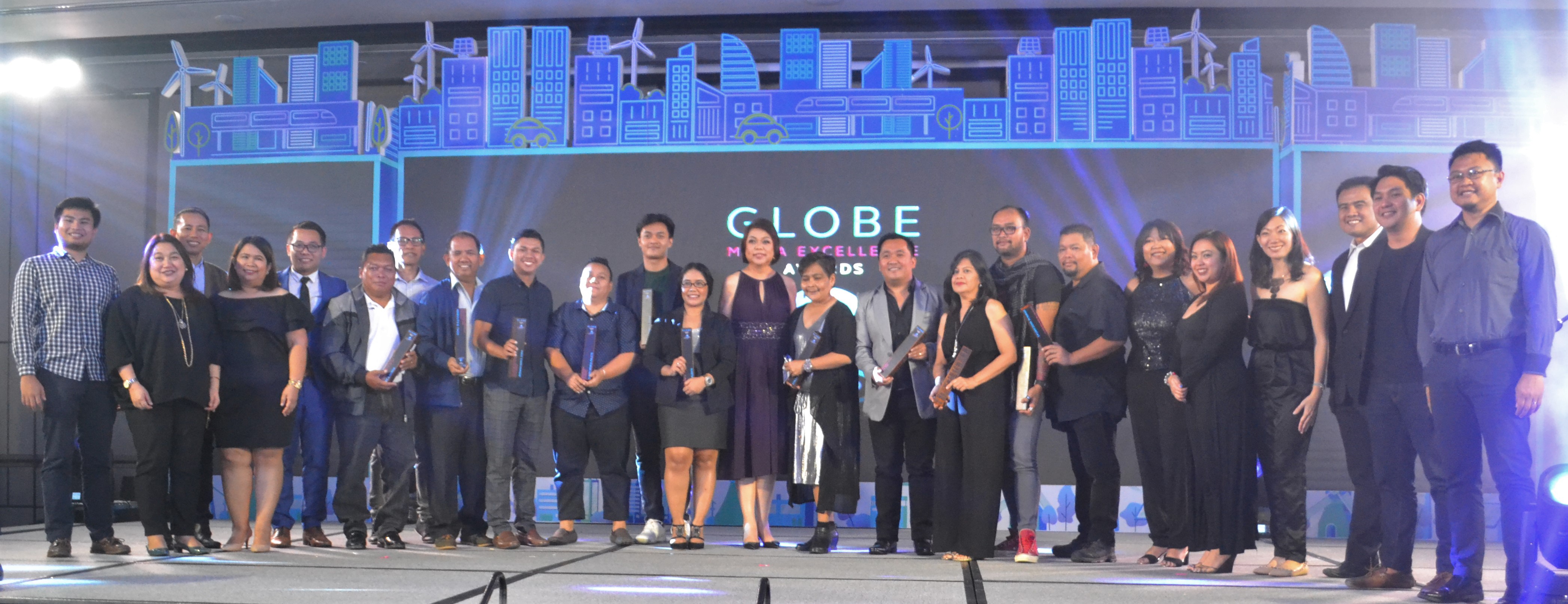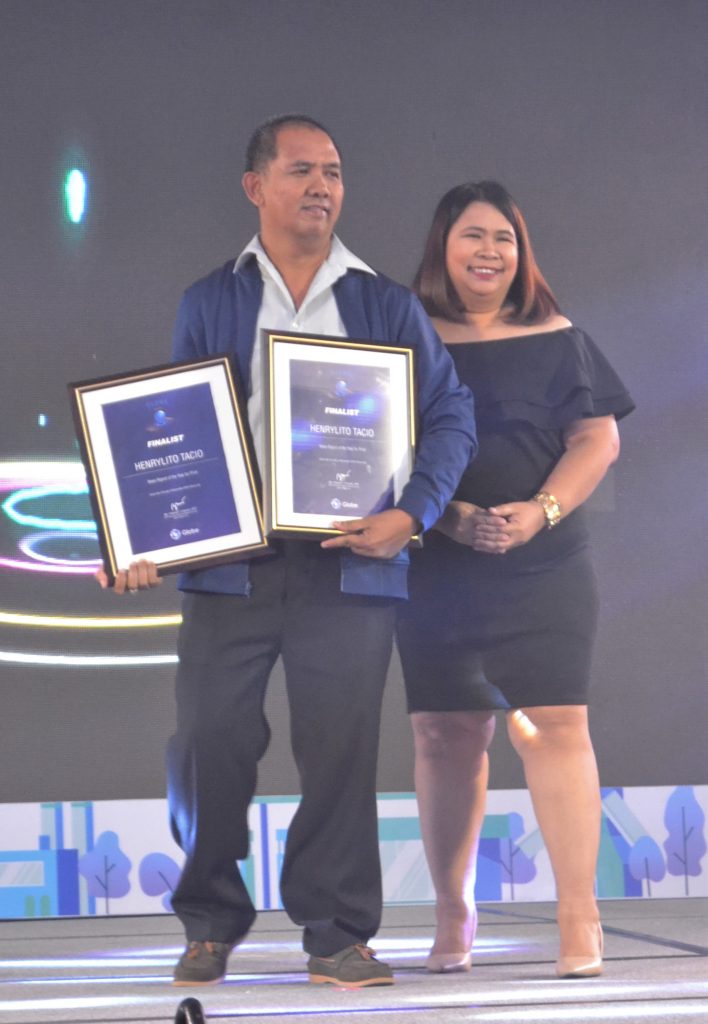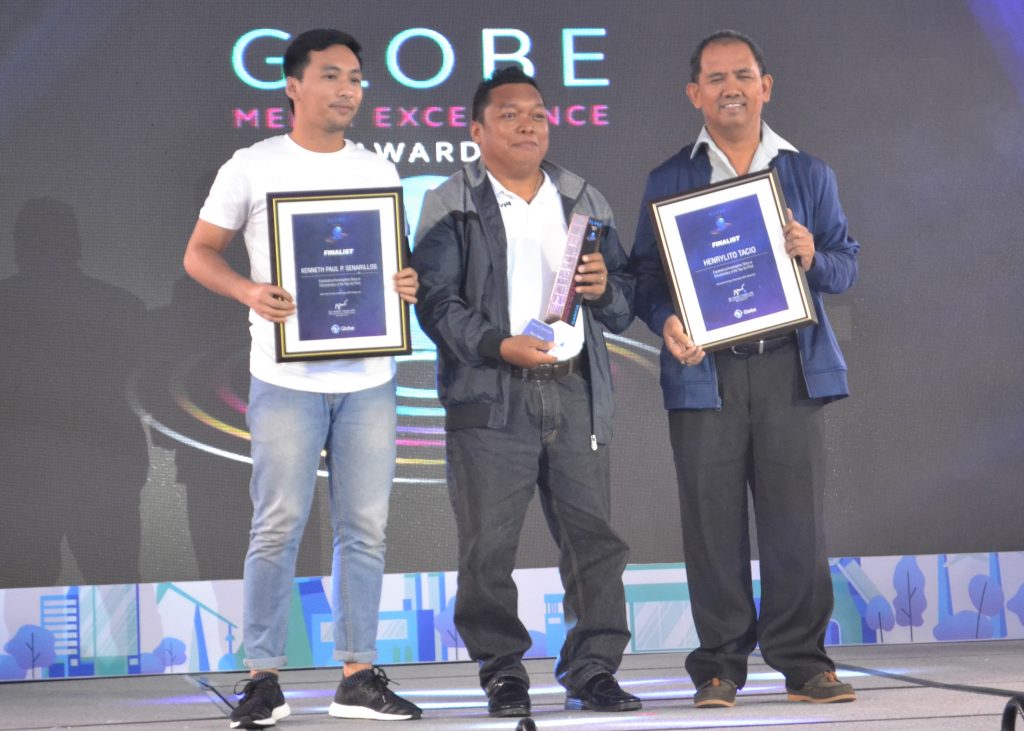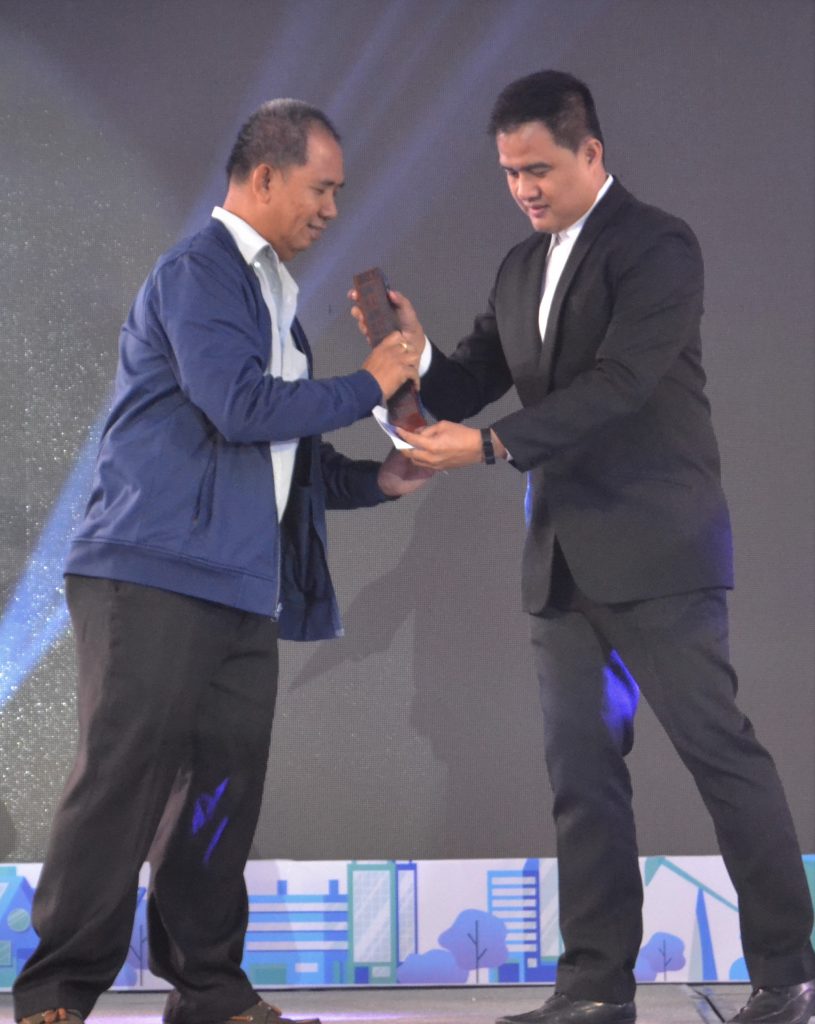
There are awards and there are awards.
Almost a week after I received the Best Agriculture Feature Story (Regional) from the Bright Leaf Agriculture Journalism Awards, I received an electronic mail from the secretariat of the Globe Media Excellence Awards (GMEA) that I was a finalist three times over.
“We are pleased to inform you that your entries have been selected as among the (three) finalists of this year’s Globe Media Excellence Awards,” the email stated, adding that the awarding will be held at Dusit Thani.

Two of my news reports which were published in EDGE Davao made it to the News Report of the Year for Print: “The rise of dengue fever” and “How upland farmers can cope up with climate change.”
I wrote the dengue fever story when I got a copy of the resolution from Island Garden City of Samal that dengue cases were increasing. With two deaths out from the 249 dengue cases from January to June 2019 this year, the local government unit (LGU) officials of Samal has placed the city “under the state of calamity.”
Dengue fever cases throughout the country were also increasing. As more deaths were reported, I talked with Dr. Richard Mata, who is a dengue consultant with the regional office of the World Health Organization (WHO). Actually, I met this boyish-looking physician from Panabo City some years back and shared his “secret” about how the contagion can be curtailed.
The second story materialized after reading a scientific paper written by three Filipino scientists. What interested me to read it was because it seemed to parallel the upland farming scheme which the Mindanao Baptist Rural Life Center (MBRLC), a non-government organization based in Kinuskusan, Bansalan, Davao del Sur.
My three-part series on soil erosion, which I entitled “Waging war against quiet crisis,” was a finalist in Explanatory/Investigative Story or Documentary of the Year for Print. My reason for writing the series was because I learned that soil erosion is a crisis no Filipinos seem to notice.
In 1988, the Department of Environment and Natural Resources (DENR) released a report stating that 22 provinces in the country had “alarming” soil erosion rate.
Batangas in Luzon and Cebu in Visayas had been reported to have lost 80-85% of their topsoil to erosion. Marinduque had 75-80% soil erosion while Ilocos Sur and La Union had 60-70. Zamboanga del Sur, Zamboanga del Norte, Lanao del Norte, Lanao del Sur, Misamis Oriental, Bukidnon, North Cotabato, South Cotabato, Davao del Sur, Davao Oriental, Davao del Norte, Negros Oriental and Occidental, Iloilo, Aklan, Capiz, and Antique had more than 50%of their soil eroded.
What is alarming is that soil erosion affects food production. Topsoil is the primary resource of farming. Once the topsoil is lost, it is lost forever. Under most conditions, soil is formed at a rate of one centimeter every 100 to 400 years, and it takes 3,000 to 12,000 years to build enough soil to form productive land.

But there is a possible solution to the problem. The MBRLC has developed a sustainable farming scheme called Sloping Agricultural Land Technology (SALT). For spreading this technology internationally, former director Harold Ray Watson was bestowed the Ramon Magsaysay Award – the Nobel Prize of Asia – for peace and international understanding.
Actually, SALT is a hectare farm planted to various crops – both perennials and annuals – so that farmers can have something to harvest every now and then. Soil erosion is stopped by planting different nitrogen-fixing trees and shrubs as hedgerows. The hedgerows serve as “belt” of the farm to check the soil from eroding.
In all those nominations, I failed to get the coveted trophy. But I received plaques to remind me that I was a finalist in those two categories.
But I did win! You may ask: How come?

Well, two days before the awarding ceremony, I received another email telling me that another entry – “Why rising HIV infection matters?” – was selected as one of the three finalists for Explanatory/Investigate Story of the Year for Digital. The said feature was published in the website of EDGE Davao.
Since the feature was too long, it was serialized into two parts. Cases of HIV/AIDS in the Philippines keep on increasing. In Davao, there are now 3 HIV cases reported each day. As the problem escalates, most people are still unaware of the disease.
A person with HIV will never know he is positive of the virus unless he or she undergoes an HIV test. “Having an HIV test is the only way to know for sure whether you have HIV,” said the website, www.aidsmap.com. “If you have HIV, it’s very important that it’s diagnosed. This will give you the best chance of getting the treatment and care you need to stay well.”
Once they are tested positive, there are already drugs can prolong a person infected with HIV. In fact, being infected with HIV is no longer a death sentence these days. “HIV is not and should not be a death sentence anymore,” points out Dr. Louie Mar Gangcuangco, who has worked as a researcher at the Hawaii Center for AIDS. “If HIV is detected early and if the patient takes antiretrovirals early, the virus can be controlled.”
But still, people with HIV/AIDS have problems with in comes to employment. In fact, this is one of the big problems that these people face in workplaces. “Workers and employees in the Philippines living with HIV who suffer workplace discrimination often do not seek redress,” the Human Right Watch (HRW) said in a statement. It added that the government’s response to unlawful firings and harassment is “weak.”
The last time I won the GMEA award was in 2016 yet. Last year, there was no awarding that happened. So far, I got 6 GMEA awards.






